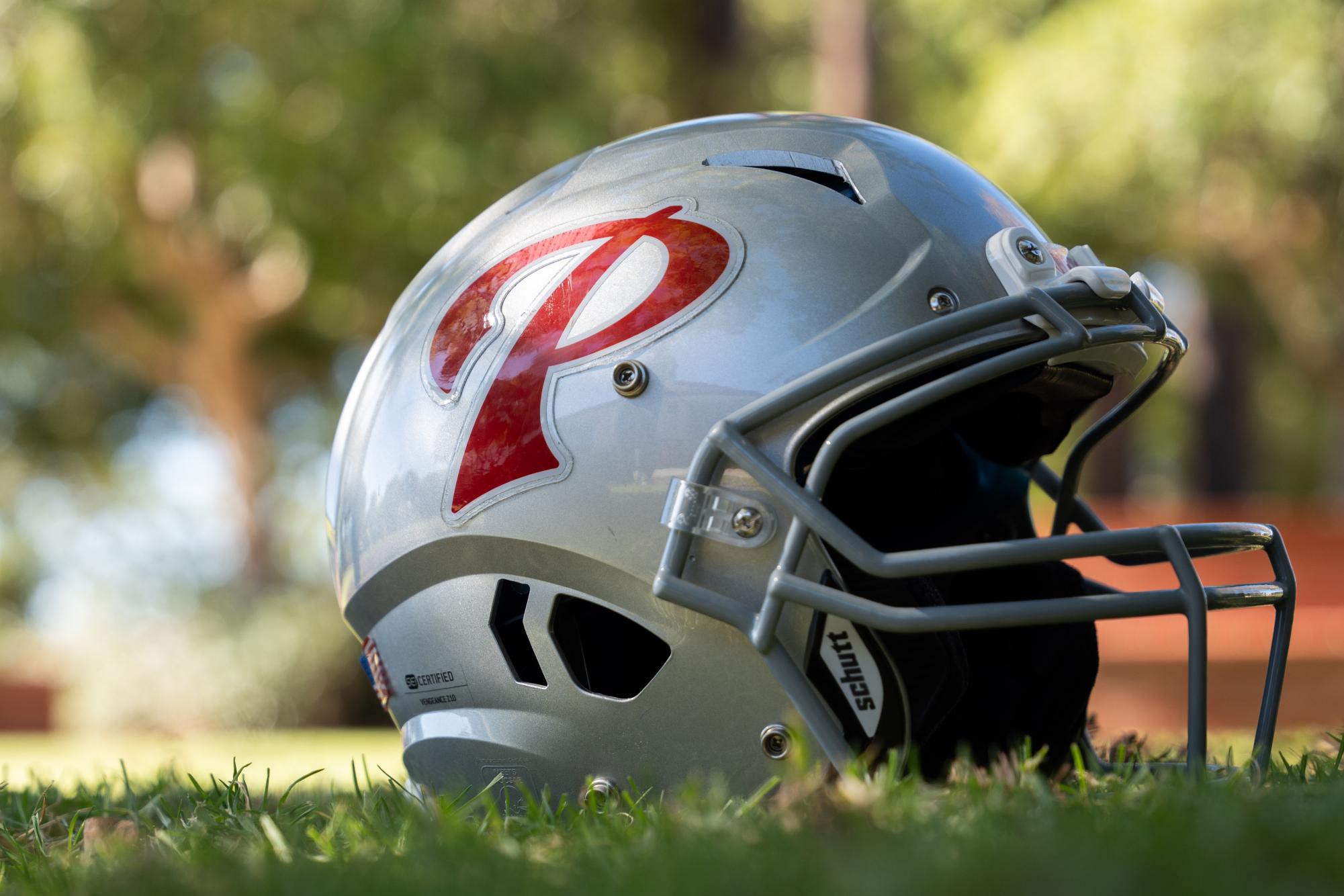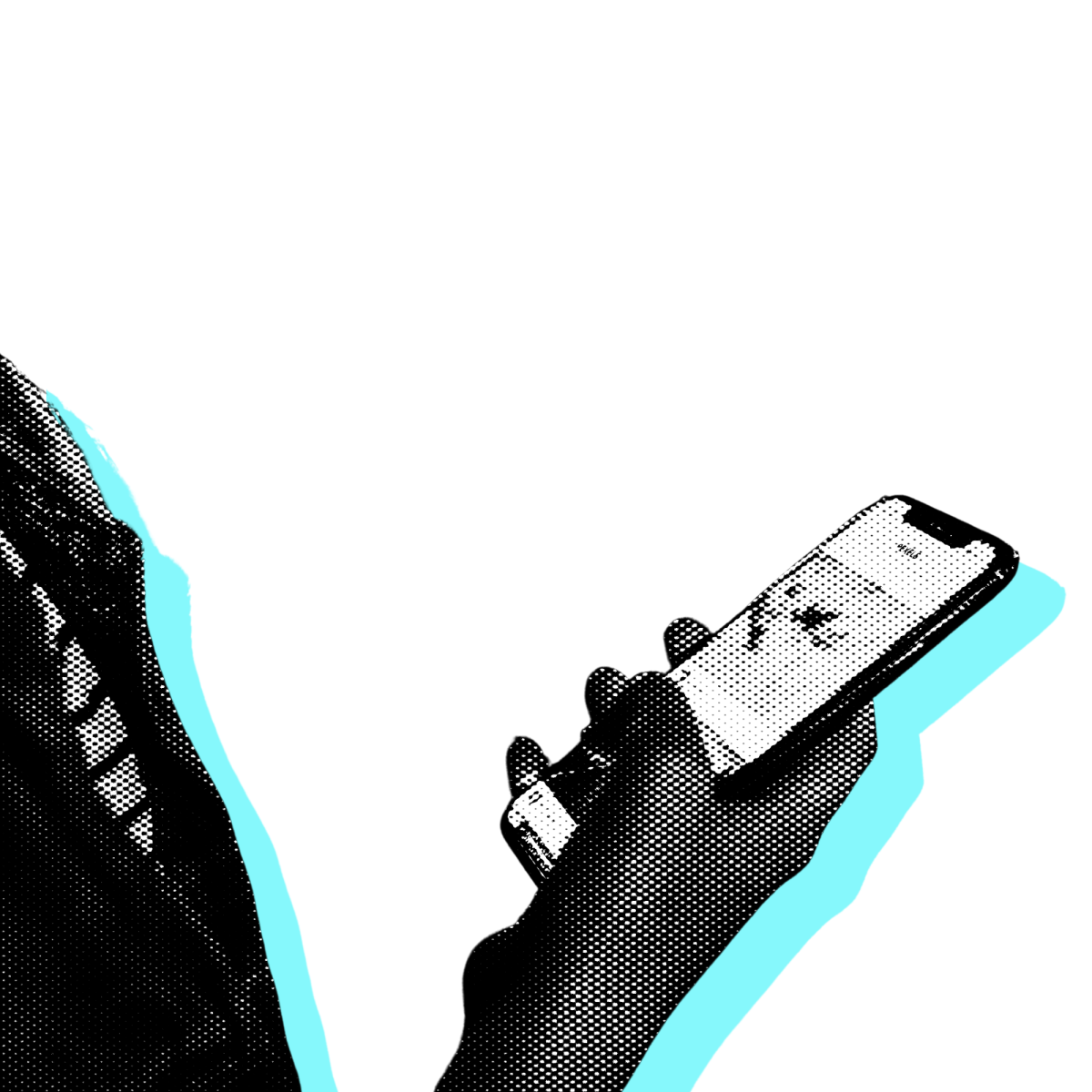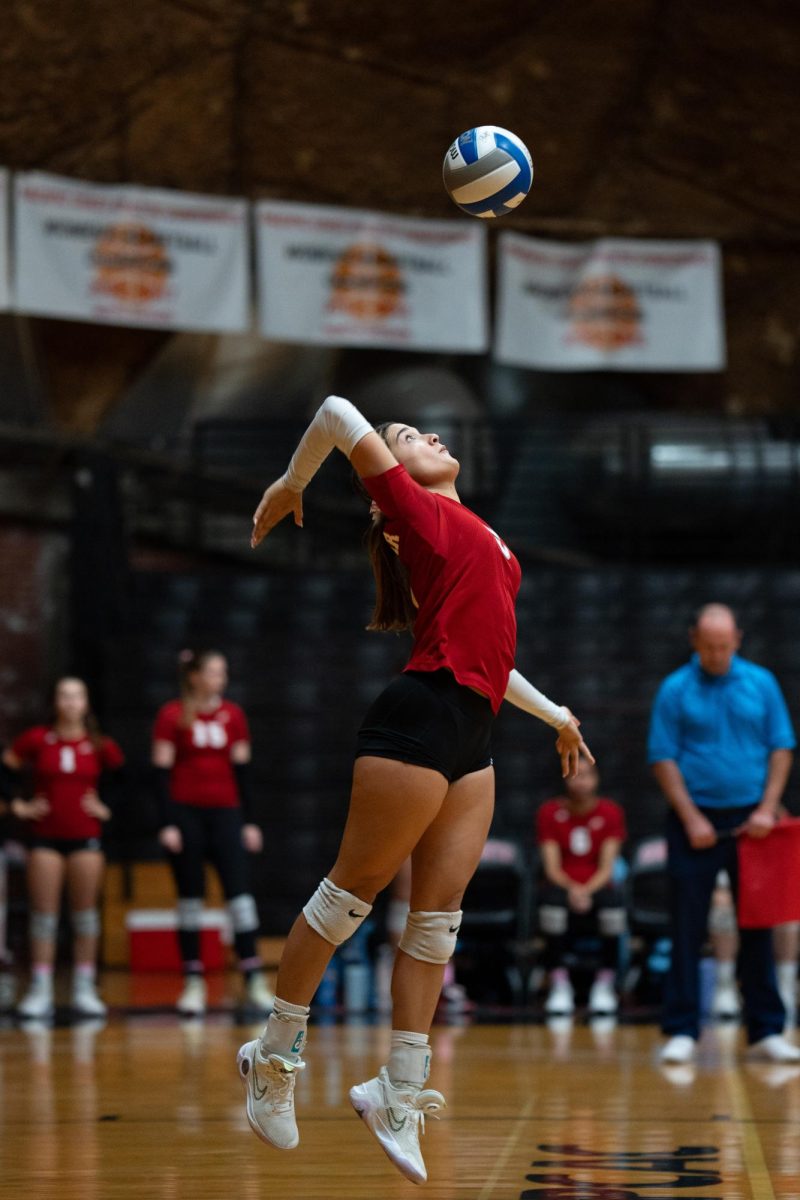Many athletes balance school, work, family, training, sports, and more, which puts a lot of pressure and anxiety on them to ensure they are on track. Not many athletes know the resources around them, but there are always ways to help them overcome what they might be going through.
Mental health is increasingly a struggle for athletes and students. A supportive environment and prioritizing mental health resources in the sports community can help athletes thrive both on and off the field. Over the last few years, fans of sports have seen this topic gain a lot of interest, as athletes struggle with anxiety, depression, and high expectations that can impact their mental and physical well-being.
While California community colleges cannot offer athlete-based scholarships, Palomar provides many resources to help student-athletes succeed.
Palomar’s athletic director, Daniel Lynds, has extensive experience in sports. He played football for Palomar in the early 90s and returned to the school in 2020 as its athletic director. He has worked hard to help Palomar create additional resources for athletes.
“Any type of basic needs and resources that we can give them through our Student Life and Leadership department lets the athletes know resources are there,” Lynds said.
Palomar College has many resources for student-athletes, such as Behavioral Health Services, the Disability Resource Center (DRC), and two academic counselors dedicated to student-athletes. These resources can help the students talk to professionals about what they experience and how they can overcome the obstacles.
The Healthy Minds Survey recorded that 19% of students would rather deal with issues independently or with support from family and friends. This is the same percentage of students who say they don’t have enough time to deal with their struggles, according to Inside Higher Ed.
Curtis Coronado, a former football coach at Palomar College and a behavioral health counselor, explained how athletes can have a more focused mind on and off the field.
“[When] you go out on the field and you make a mistake, you feel like you let your team down and aren’t good enough to be on the team. It’s very hard,” Coronado said.
Sometimes, athletes may put themselves down over their mistakes and completely isolate themselves from the team or family. They are not able to realize talking to someone about their mental health and getting support will improve their physical performance overall.
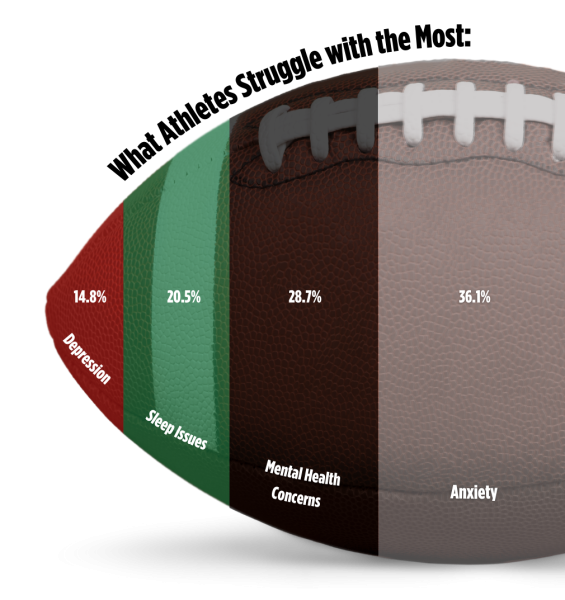
Around 35% of elite athletes have mental health concerns regarding burnout, depression, and anxiety, according to a 2019 study in the British Journal of Sports Medicine.
A few signs of depression in athletes, according to McLean Hospital, include a lack of motivation and losing interest in the sport. The study mentioned athletes struggle with sleeping and eating due to the anxiety and pressure put on them to perform.
Multiple professional athletes have opened up about their mental health, including former Olympic swimmer Michael Phelps and Olympian Simone Biles.
Phelps, who publicly spoke about mental health in 2015, told Healthline, “[You] work so hard for four years to get to that point, and then it’s like you’re… at the top of the mountain, you’re like what the hell am I supposed to do? Where am I supposed to go? Who am I?”
It’s easy for athletes to get lost in the negative thoughts.
“The higher level of play you go, the more challenges you’re faced with. One thing that can be humbling is always being successful and then as it gets harder, getting discouraged, leading to doubt affecting their performance negatively,” Coronado said.
Patrick Savianao, a licensed psychologist and Palomar College’s Director of the Behavioral Health Department, explained how athletes can overcome anxiety challenges.
“Academics, work, and relationships are determined by mental health. But with athletes, they work, take classes, and train, which adds up to anxiety or depression because of being overwhelmed. It’s important to stay on top of mental health for athletes so they can perform at their best,” Savianao said
Two key factors of being an athlete are getting good sleep and eating well. Athletes must keep hydrated and consume the right calories for a healthy body and mind.
A great tip that Coronado said when asked about what coping strategies athletes can do to prevent stress was, “mindfulness meditation can be useful, as anxiety takes you to the future, and depression keeps you stuck in the past.”
Athletes need to be in the present and focus on what they can do now instead of worrying about what happened or what will happen, such as seeking help to figure out how to battle it rather than waiting or doing nothing.
Thomas Kreissig, a former player on Palomar’s men’s water polo team, stressed the importance of mental health awareness. “The best thing coaches can do is try to get more on a personal level with the kid and see where their head is and what they’re thinking,” Kreissig said.
As it becomes more of an issue every year, coaches, staff, and family should make it more known to the players that they are there for them and can talk about any mental health struggles they might be facing. Injuries can be a very hard thing to deal with, and injuries can be detrimental to athletes’ mental health, limiting their ability to do the sports and activities they love most. These athletes fear that they’ll be easily reinjured after a return, and that’s where the worries can kick in another layer of induced anxiety.
“Even though injuries can make people feel powerless, the way you get that power back is to accept the negative feelings and then find ways to effectively cope with them,” said psychologist Andrew Arendt, a former college basketball player, in an interview with Nebraska Medicine.
Understanding the effects that mental health can have on athletes, especially after suffering a serious injury like a concussion, Kreissig knew he needed to think about the present and returning to the season.
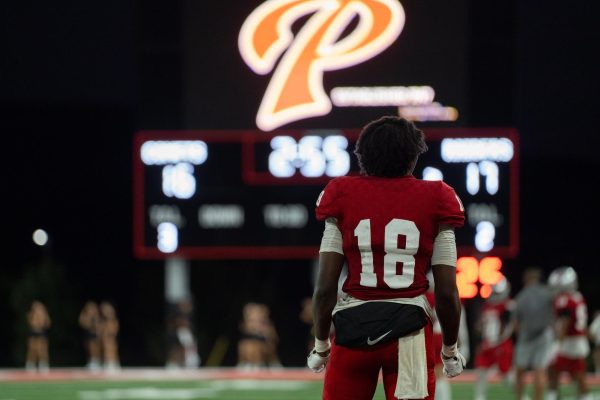
“You can’t think about the pressure, you just have to go in and get it done regardless of what happens. I try to have it motivate me more knowing that I have to do and perform well with this,” Kreissig said.
Going back to what Curtis Coronado said, depression or negative feelings can keep athletes thinking about the past, and if they keep thinking about reinjuries, they’ll have trouble ruminating themselves.
Mental health is gaining more awareness daily, and athletes are starting to speak out about their struggles.
Family, friends, and staff are a support system for athletes to talk to about their struggles and help them achieve their goals. Combined with the use of coping mechanisms, mindful meditations, and good physical health practices, athletes can find a better way forward.
“If you don’t talk about what you’re struggling with, you can feel completely alone and isolated,” said Coronado.
Corrections: A previous version of this story had two typos; “mealth” has been corrected to “health” and “suport” has been corrected to “support.”


